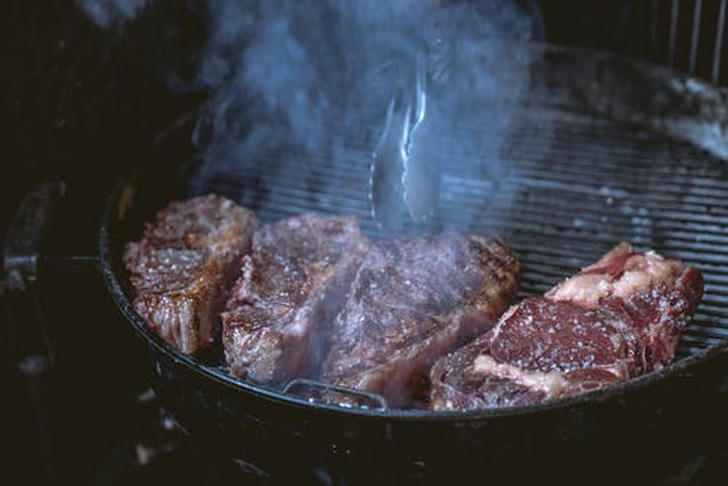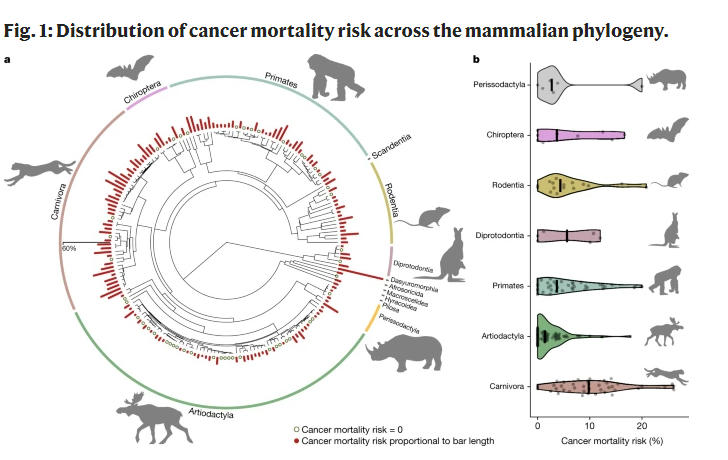How to eat healthy
The World Health Organization says that "red meat causes cancer", so many people think that vegetarianism can lead to longevity. At the Heart Failure and World Congress on Acute Heart Failure, a study said older adults who ate higher levels of protein (mainly meat and eggs) had a lower risk of cancer. So, eating meat or vegetarian, which one is more likely to get cancer?

Studies have found that more than 25% of carnivores that feed on other mammals, such as clouded leopards, red wolves, and bat-eared foxes, die from cancer. Ungulates, including antelope, sheep and cattle, are the least susceptible to cancer.

The high cancer risk in carnivorous mammals may be related to their low microbiome diversity, limited physical activity in human care, oncogenic viral infections, or other physiological aspects of carnivorous mammals.
But carnivorous mammals are more prone to cancer, it does not mean that meat eaters are also more prone to cancer, because our lifestyles (habits, environment, routine, etc.) are different from other mammals, and we do not tend to eat raw meat.
Is there any scientific basis for "red meat cancer"?
Red meat, as the name suggests, is red meat, which is rich in heme iron, including pork, beef, lamb, etc. that we eat every day. At present, the World Health Organization has classified red meat as a category 2a carcinogen, clarifying its existing health risks.
How to eat healthy?

Eat less red meat and more white meat. It is recommended that the daily intake of red meat should be controlled within 50g; white meat includes chicken, duck, fish, etc., relatively speaking, the fat content is low, which helps to control blood lipids.
It is best not to eat processed meat, cured meat. Processed meat contains a certain amount of nitrite, which may produce trace amounts of carcinogens, nitrosamines, and increase the risk of cancer. Excessive intake of cured meats such as bacon and salted chicken will indirectly increase the risk of esophageal cancer and stomach cancer.
Pay attention to how you cook. Minimize the use of frying, frying, and roasting. Relatively speaking, it is more recommended to stew meat, simmering over low heat, which can reduce saturated fat.
Add "best partner" to meat. Vegetables rich in dietary fiber are added to the meat: konjac, dried pine mushrooms, dried mushrooms, bamboo shoots, etc., can help inhibit fat absorption; mushroom vegetables such as shiitake mushrooms and chicken leg mushrooms are stewed with meat, which not only tastes good, but also reduces cholesterol. alienation.
